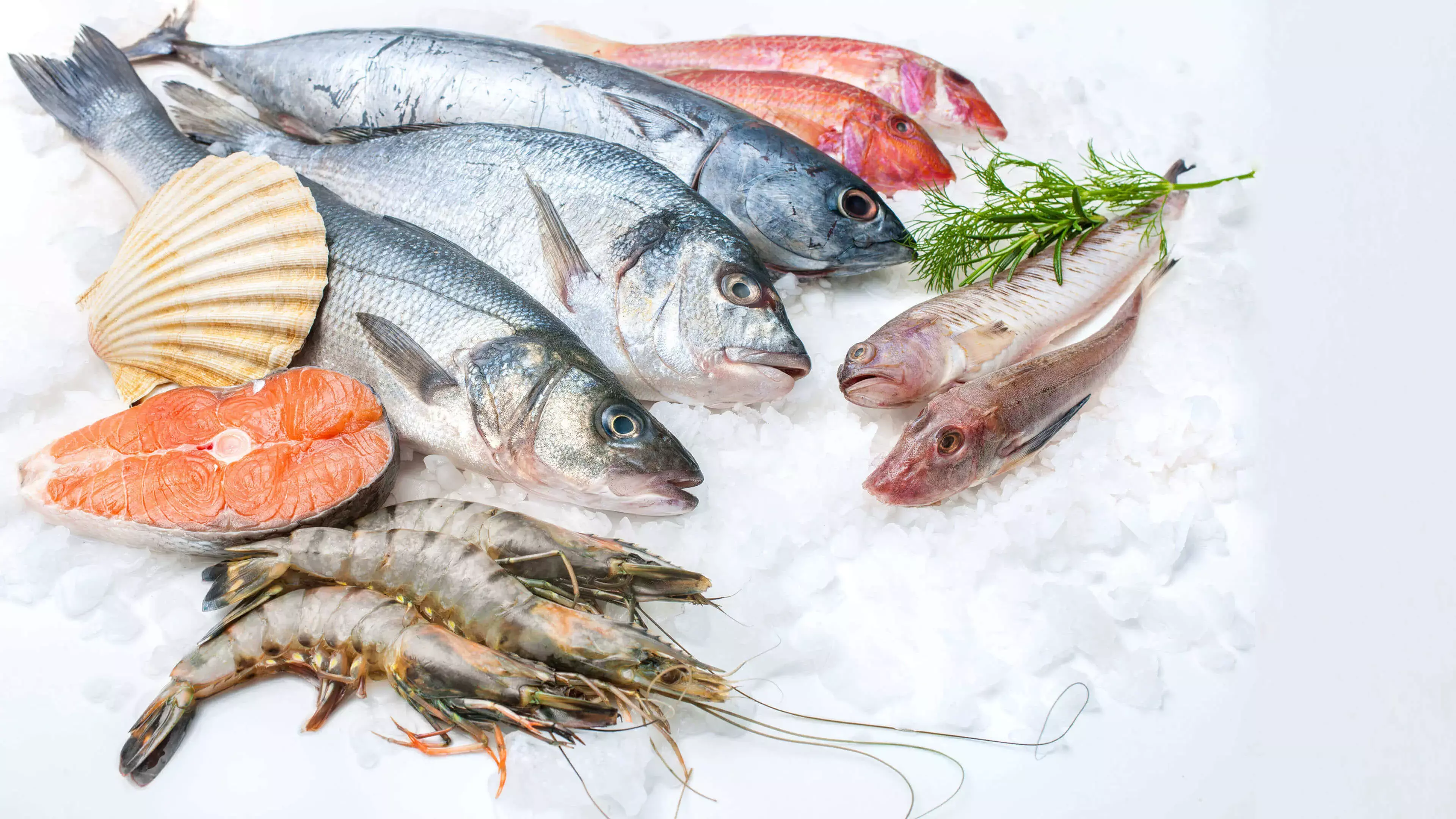- Home
- Medical news & Guidelines
- Anesthesiology
- Cardiology and CTVS
- Critical Care
- Dentistry
- Dermatology
- Diabetes and Endocrinology
- ENT
- Gastroenterology
- Medicine
- Nephrology
- Neurology
- Obstretics-Gynaecology
- Oncology
- Ophthalmology
- Orthopaedics
- Pediatrics-Neonatology
- Psychiatry
- Pulmonology
- Radiology
- Surgery
- Urology
- Laboratory Medicine
- Diet
- Nursing
- Paramedical
- Physiotherapy
- Health news
- Fact Check
- Bone Health Fact Check
- Brain Health Fact Check
- Cancer Related Fact Check
- Child Care Fact Check
- Dental and oral health fact check
- Diabetes and metabolic health fact check
- Diet and Nutrition Fact Check
- Eye and ENT Care Fact Check
- Fitness fact check
- Gut health fact check
- Heart health fact check
- Kidney health fact check
- Medical education fact check
- Men's health fact check
- Respiratory fact check
- Skin and hair care fact check
- Vaccine and Immunization fact check
- Women's health fact check
- AYUSH
- State News
- Andaman and Nicobar Islands
- Andhra Pradesh
- Arunachal Pradesh
- Assam
- Bihar
- Chandigarh
- Chattisgarh
- Dadra and Nagar Haveli
- Daman and Diu
- Delhi
- Goa
- Gujarat
- Haryana
- Himachal Pradesh
- Jammu & Kashmir
- Jharkhand
- Karnataka
- Kerala
- Ladakh
- Lakshadweep
- Madhya Pradesh
- Maharashtra
- Manipur
- Meghalaya
- Mizoram
- Nagaland
- Odisha
- Puducherry
- Punjab
- Rajasthan
- Sikkim
- Tamil Nadu
- Telangana
- Tripura
- Uttar Pradesh
- Uttrakhand
- West Bengal
- Medical Education
- Industry
Consumption of more than 350 gram fish per week may prevent preterm birth, finds study

Preterm birth is the leading cause of perinatal mortality and morbidity. Various studies show reduced preterm birth risk with some non-pharmacological interventions. In fact, maternal nutritional imbalance may be a key factor in preterm birth ,however, conflicting evidence exists on the relationship between fish and shellfish consumption and preterm birth.
Li Wang et al conducted a study in China to determine how the consumption of fish and shellfish during pregnancy affected the risk of preterm birth.
In this large reterospective study,pregnant women aged 18 years or older, with no history of mental illness and with gestational ages ≥20 completed weeks were enrolled. A food frequency questionnaire (FFQ) that was administered at enrollment to inquired about participants' dietary habits since the start of pregnancy and the prevalence of various food consumption including fish and shellfish. The total fish and shellfish amount was further classified into three categories: never, <350g/week, and ≥350 g/week.
Key findings of the study are:
-Consumption of any fish and shellfish was reported by 82.9%(n=8,441) of women, while 17.1%(n=1,738) of women reported no fish and shellfish intake.
-Maternal age younger than 25 years or older than 35 years, lower education, lower income,
passive smoking, gestational diabetes and hypertension during pregnancy were associated with increased risk of preterm birth.
-Fish(freshwater fish rather than saltwater fish) and shellfish consumption was associated with decreased risk of preterm birth with statistical significance.
-Increasing weekly total amount of fish and shellfish consumption i.e. >350gm/week, compared with no fish and shellfish consumption, was also associated with decreasing odds of preterm birth.
Researchers observed that significant decreased risk of preterm birth was associated with fish and shellfish consumption among women who were aged 30 years or older and those who had pre-pregnancy BMI underweight.
The beneficial effects of fish and shellfish have primarily been attributed to the long-chain n-3 fatty acids(LCn-3PUFA). Recent studies confirmed that LCn-3PUFA influenced the formation of prostaglandins (PGs) in fetal membranes and affected the length of gestation. Also some types of fish are a rich source vitamin D which has protective role in preterm birth.
Authors conclude-"It is recommended to include fish and shellfish as part of balanced diet during pregnancy as it reduces the risk of preterm birth."
Source:British Journal of Nutrition
Dr Kamal Kant Kohli-MBBS, DTCD- a chest specialist with more than 30 years of practice and a flair for writing clinical articles, Dr Kamal Kant Kohli joined Medical Dialogues as a Chief Editor of Medical News. Besides writing articles, as an editor, he proofreads and verifies all the medical content published on Medical Dialogues including those coming from journals, studies,medical conferences,guidelines etc. Email: drkohli@medicaldialogues.in. Contact no. 011-43720751


